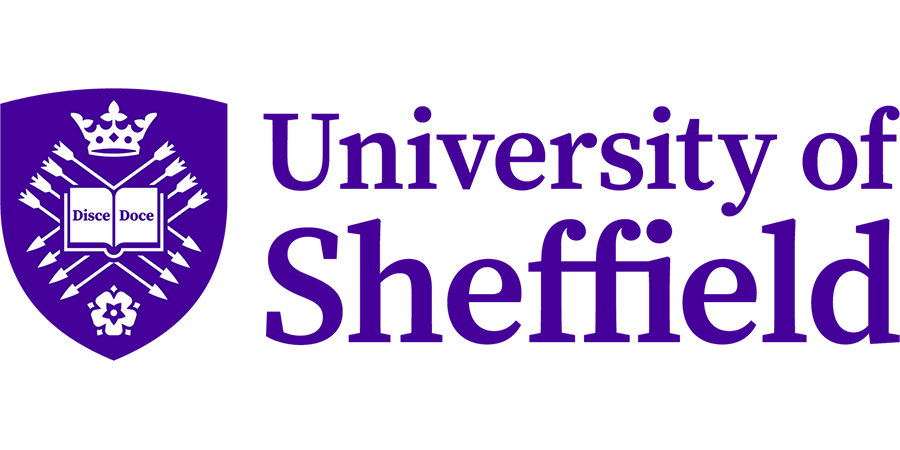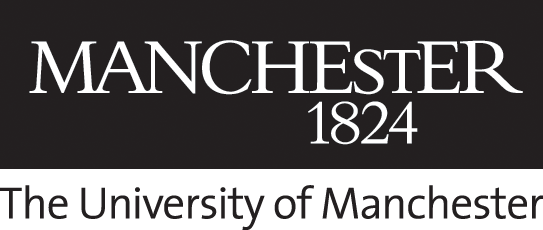PhD Scholarship: Computational Image-based Design and Modelling of Personalised Bone Implants for Advanced Manufacturing
THE PROJECT:
Total Hip Arthroplasty Revision: the unmet clinical need. Acetabular deficiency is one of the most challenging aspects of total hip arthroplasty (THA) revision, with bone loss often dictating the type of implants needed to provide a stable reconstruction. The use of augments and defect replacers allows the surgeon to supplement the deficient acetabulum on the basis of the quality and location of viable host bone. A current meta-analysis of worldwide joint register data shows that 12% of first (primary) THAs fail within the first 10 years, requiring their removal and replacement, termed “revision” surgery. Whilst a primary THA considerably improves the patient’s health state, a failed implant causes as poor or a poorer health state than untreated osteoarthritis. Bespoke bone defect replacers for THA may improve clinical outcome due to improved bone stability and long term bone ingrowth. Advanced Manufacturing (AM) technologies could provide bespoke solutions at affordable prices compared to current design and manufacturing alternatives.
High-value manufacturing of bespoke medical devices. Fully bespoke medical devices for applications ranging from orthopaedic implants to cardiovascular stents may offer significant value over off-the-shelf and “modular” solutions, both in terms of quality of life for the patient and in the reduction of down-the-line costs for re-work or replacement of parts in complex surgical procedures. Current bespoke solutions are largely artisanal and often cost-prohibitive for mass use due to the time and high costs involved in tailoring and creating parts and the complexity of their certification. After certain procedures like primary arthroplasty (i.e. surgical repair of a joint), revision surgeries are common due to prosthesis failure resulting in bone defects in the acetabular bone. Each defect is unique in terms of size, shape, and its effect on pelvic stability. Current solutions require modular assembly of a ‘best-fit’ revision prosthesis that may require further bone removal to fit the implant. Thus, a cycle of increasing bone loss occurs with each revision procedure. Hence, bespoke solutions that structurally replace the defect and ideally promote bone in-growth in the device would provide a clinically effective and relevant technological advance.
Two major aspects need addressing to enable more widespread use of bespoke solutions:
§Personalised design: streamlined anatomical/material bone reconstruction and defects/replacers design amenable for subsequent manufacturing processes,
§Bespoke manufacturing: affordable and scalable additive manufacturing processes rendering the parts required, in metals and in polymers, based on in-silico models and with predictable properties.
The technical challenge: transforming patient medical imagery into bespoke bone implants. This project will focus primarily on the first step and will collaborate with clinical and industrial partners to pilot the second step. In this project we will develop methods for 3D modelling the pathological bone anatomy from 2D medical imagery, reconstruct the original healthy anatomy, derive models of the bespoke bone implant and fixation guides that enable convenient and solid fixation, simulate and optimise the mechanical strength of the complex bone-implant, and explore the challenges of transforming such models into 3D printed prototypes of the implants. We believe this proposal is timely as lots of effort has gone into developing new AM processes and materials yet very few truly innovative products have emerged in the area of medical devices. This project will therefore endeavour to tackle the critical path towards personalised and cost-effective medical devices and thus unleash the potential of AM techniques in orthopaedics.
THE CANDIDATE
Successful candidates will have an undergraduate degree and/or Master’s degree (First Class or Upper Second Class) in Computer Science, Electrical Engineering, Mechanical Engineering, Biomedical Engineering, Mathematics or Physics and demonstrate outstanding interdisciplinary research potential. The candidate is expected to have advanced programing skills in C++ as well as solid analytical skills in mathematics and physics. Experience in image processing, computer vision, medical image analysis, and computational mechanics will be highly valued. Candidates should have excellent interpersonal communication skills and be a good presenter in written and spoken English. Experience in working within a clinical environment will be highly valued. The candidate should be organised, good team player, self-directed and able to learn new and interdisciplinary areas.
THE CONTEXT
This project is an interdisciplinary collaboration between the host centre, CISTIB Centre for Computational Imaging and Simulation Technologies in Biomedicine (www.cistib.org), and the Mellanby Centre for Bone Research (mellanbycentre.dept.shef.ac.uk) as well as the Medical Advanced Manufacturing Research Centre (www.medicalamrc.com) all from the University of Sheffield. This project is funded by the EPSRC Centre for Innovative Manufacturing of Medical Devices (mede-innovation.ac.uk).
APPLICATION PROCESS
Informal inquiries can be made to Prof AF Frangi (This email address is being protected from spambots. You need JavaScript enabled to view it.) with a copy of your curriculum vitae and copy of the undergraduate transcripts. All general enquiries about the application process should be directed to Mrs Hilary Levesley (This email address is being protected from spambots. You need JavaScript enabled to view it.) of the Electronic and Electrical Engineering Post Graduate Administration Unit.
To formalise the application, the candidates should apply sending their cover letter/summary of research interests, CV and transcripts to Prof AF Frangi using the contact details below. Email applications should clearly state “MeDe Interdisciplinary PhD Scholarship application” in the subject line. All full applications should be in by Apr 15th 2016.
Prof Alejandro F. Frangi
Professor of Biomedical Image Computing
CISTIB Center for Computational Imaging & Simulation Technologies in Biomedicine
Electronic and Electrical Engineering Department
Faculty of Engineering
The University of Sheffield
E: This email address is being protected from spambots. You need JavaScript enabled to view it. | W: www.cistib.org/afrangi


